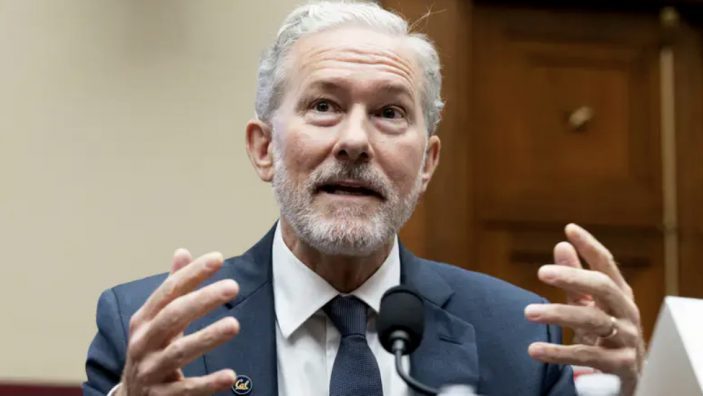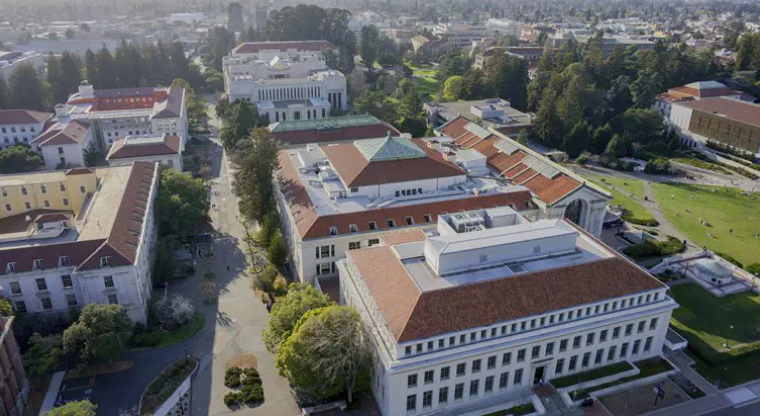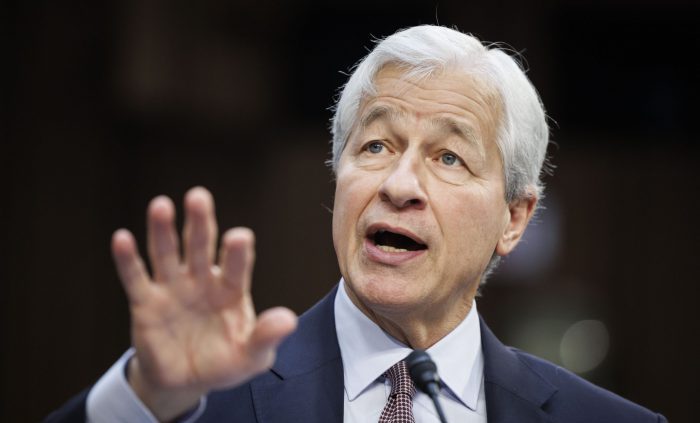Chancellor Rich Lyons denies institutional antisemitism at UC Berkeley during a tense congressional inquiry, while critics highlight unresolved incidents and rising concerns.
In a tense congressional hearing on Tuesday, UC Berkeley Chancellor Rich Lyons firmly rejected claims that his university fosters antisemitism, even as lawmakers grilled him over troubling campus incidents and alleged administrative inaction. The hearing, reported by the Los Angeles Times, included top officials from Georgetown and CUNY and reflected mounting pressure on universities following the October 7 Hamas-led attack on Israel.
Lyons conceded that antisemitism exists on campus, calling it a mirror of broader societal issues: “Public universities are reflections of society, and I believe that the antisemitism in society is present on our campus.”
However, his assurance that “most Jewish students feel safe” at Berkeley drew strong pushback from Rep. Lisa McClain (R-MI), who accused him of dodging concerns raised by Jewish students who feel unsafe or targeted.
Republican lawmakers, especially from the House Education and Workforce Committee, pressed Lyons on multiple fronts. Rep. Michael Baumgartner (R-WA) challenged him over an endowed program in Palestinian and Arab studies, demanding transparency about foreign contributions. Lyons declined to disclose donor information on the spot, citing confidentiality but promised to outline the university’s vetting process.
A major point of contention arose over a Berkeley professor’s February 2024 post, which quoted a line expressing solidarity with those who “broke through the siege on October 7.” Lyons admitted the statement could be interpreted as glorifying the Hamas attack but declined to discipline the professor, whom he called a “fine scholar.”
The controversy isn’t limited to words. In April 2024, a Jewish law student at Berkeley was assaulted by an anti-Israel protester. Two months earlier, pro-Israel students were forced to evacuate a campus theater when protesters disrupted their event. In response to such incidents, two Jewish advocacy groups are pursuing a federal lawsuit against the university, accusing it of enabling sustained antisemitic harassment.
The situation has drawn national attention. The Trump administration earlier this year reopened federal investigations into alleged antisemitism at five universities, including UC Berkeley.
Despite these developments, Lyons found some support. Ahead of the hearing, 82 Jewish faculty members released a public letter affirming their trust in the chancellor and denying claims of institutional antisemitism. “We feel secure on campus and support the administration’s efforts to balance safety with respect for free speech,” wrote professors Ken Goldberg and Ethan Katz, who organized the letter.
Still, for many students and observers, Lyons’ defense didn’t fully quell concerns about growing hostility toward Jewish individuals on campus. As congressional scrutiny intensifies, Berkeley, like other universities, faces a pivotal test: whether it can both uphold free expression and meaningfully protect its Jewish community.





